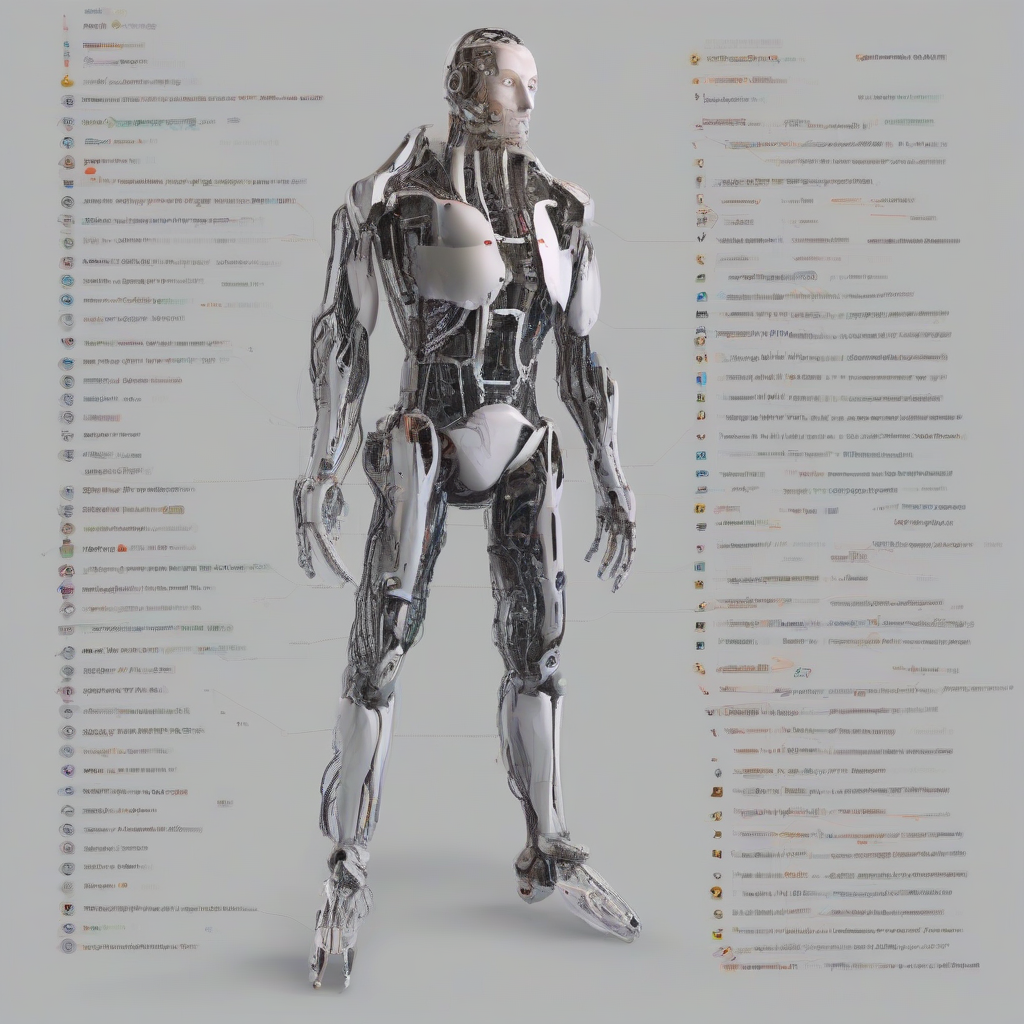Automotive Human Resources: Strategies for Talent Acquisition, Development, and Retention
The automotive industry is undergoing a period of rapid transformation, driven by technological advancements, evolving customer demands, and a shift towards sustainability. This dynamic environment presents both challenges and opportunities for automotive human resources (HR) professionals. As the industry navigates the complexities of electric vehicles, autonomous driving, connected car technologies, and digitalization, the role of HR in attracting, developing, and retaining top talent becomes paramount.
The Evolving Landscape of Automotive HR
- Technological Disruption: The automotive industry is witnessing a rapid adoption of new technologies, such as artificial intelligence (AI), machine learning (ML), and the Internet of Things (IoT). This necessitates a workforce with specialized skills in software engineering, data analytics, and cybersecurity.
- Shifting Consumer Preferences: Consumers are increasingly demanding sustainable and connected vehicles. Automotive manufacturers are responding with investments in electric vehicle (EV) production, autonomous driving technology, and innovative user experiences. HR must align talent strategies with these evolving consumer expectations.
- Global Competition: The automotive industry is highly competitive, with global players vying for market share. Automotive HR teams must attract and retain top talent to maintain a competitive edge in terms of innovation, product development, and customer service.
Key Strategies for Automotive Human Resources
Talent Acquisition:
- Focus on STEM Skills: Automotive HR needs to prioritize the recruitment of individuals with strong STEM backgrounds, particularly in engineering, computer science, and data science.
- Expand Talent Pools: Diversify recruitment efforts to reach underrepresented groups, such as women, minorities, and individuals with disabilities.
- Leverage Digital Platforms: Utilize online job boards, social media, and other digital platforms to reach a wider pool of candidates.
- Develop Employer Branding: Create a strong employer brand that showcases the company’s culture, values, and opportunities for career growth.
Talent Development:
- Invest in Training and Development: Provide employees with opportunities to acquire new skills and knowledge, especially in areas related to emerging technologies, such as AI, cybersecurity, and EV technology.
- Offer Mentorship Programs: Establish mentorship programs to support employee growth and development.
- Promote Internal Mobility: Encourage employees to explore different roles and departments within the organization to foster their career advancement.
- Embrace Continuous Learning: Create a culture that values continuous learning and encourages employees to stay up-to-date with industry trends.
Talent Retention:
- Competitive Compensation and Benefits: Offer competitive salaries, benefits packages, and performance-based incentives to attract and retain top talent.
- Promote Work-Life Balance: Foster a work environment that supports employee well-being and work-life balance, such as flexible work arrangements and wellness programs.
- Create a Positive Work Culture: Cultivate a positive and inclusive work culture that values employee contributions, diversity, and teamwork.
- Provide Career Growth Opportunities: Offer opportunities for advancement and professional development to motivate employees and encourage long-term commitment.
Emerging Trends in Automotive Human Resources
Diversity, Equity, and Inclusion (DE&I):
- Automotive HR is increasingly recognizing the importance of DE&I in building a diverse and inclusive workforce.
- Companies are implementing initiatives to promote diversity in leadership, create inclusive work environments, and eliminate bias in hiring practices.
Employee Experience:
- The focus on employee experience is growing, with companies prioritizing employee well-being, engagement, and job satisfaction.
- HR is implementing initiatives to enhance the employee experience, such as flexible work arrangements, employee recognition programs, and wellness initiatives.
Digital HR:
- Digital transformation is impacting all aspects of HR, including talent acquisition, performance management, and employee engagement.
- HR is leveraging digital tools, such as AI-powered recruitment platforms, employee engagement apps, and learning management systems, to streamline processes and enhance efficiency.
Conclusion:
The automotive industry is at a pivotal moment, and the success of automotive manufacturers will depend on their ability to attract, develop, and retain a highly skilled and motivated workforce. Automotive HR professionals play a critical role in navigating this dynamic environment and driving organizational success. By embracing the strategies and trends outlined above, HR can ensure that the industry has the talent it needs to thrive in the future.





